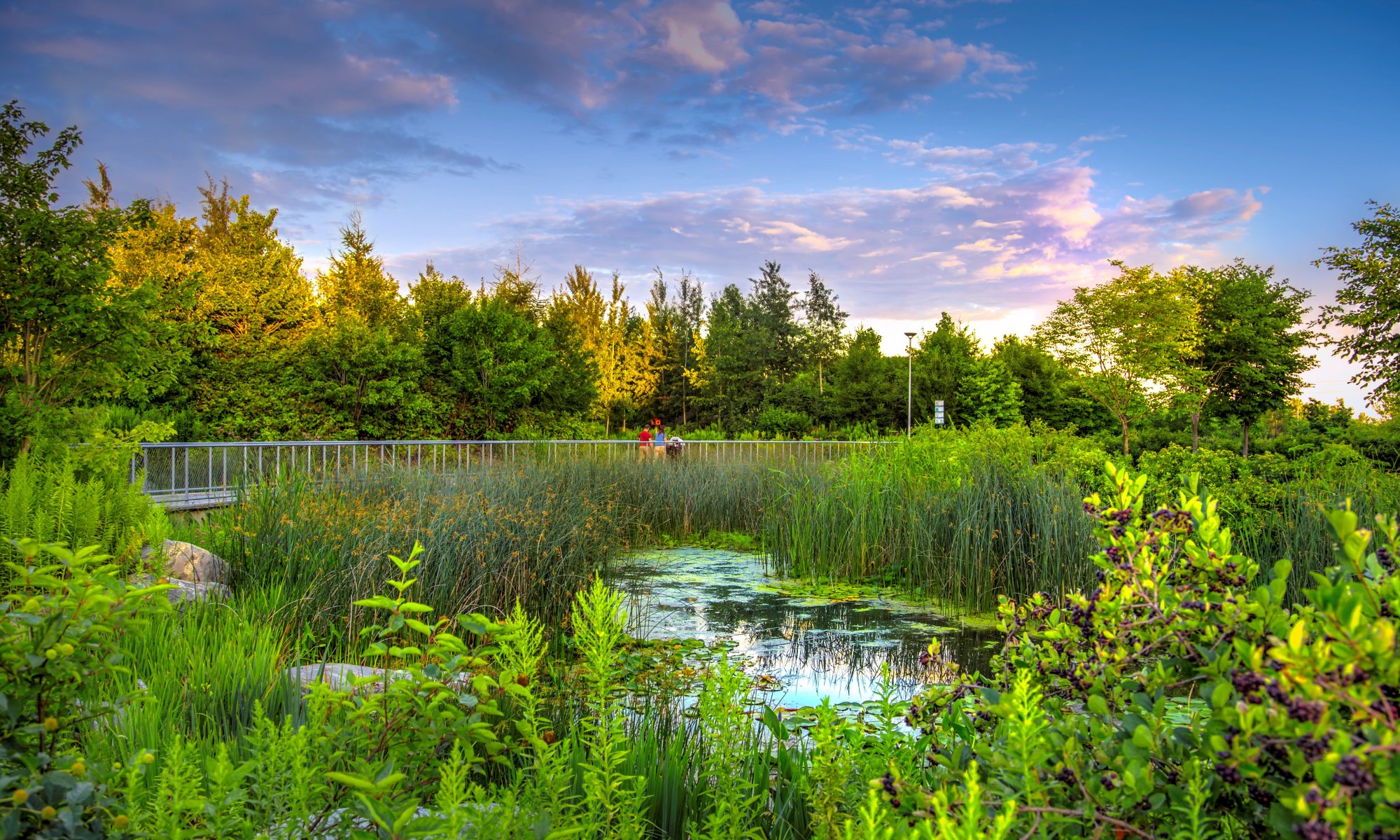by Dr. Gregg Brill
Key Takeaways
- Wetlands play a crucial role supporting water resilience. As a site for many nature-based-solutions, wetlands provide multiple benefits, including filtering and storing water, safeguarding communities from flooding, sequestering disproportionate amounts of carbon, and supporting climate mitigation and adaptation.
- But wetlands face unprecedented loss with an estimated 90% of wetlands lost since 1900, leading to global efforts for protection.
- As the global community increases efforts to implement NBS and protect wetlands, the Pacific Institute’s recently released ‘Stakeholder Engagement Guide for Nature-Based Solutions‘ and NBS Benefits Explorer can help.
Today, on World Wetlands Day, it is crucial to acknowledge the role wetlands play as the site for many nature-based solutions. Wetlands filter and store water, while also supporting a healthier environment as the planet’s natural water treatment facilities.
Wetlands as Kidneys
If forests are the planet’s lungs, then wetlands are the kidneys. From a filtering perspective, wetlands can remove up to 60% of heavy metals in the water, trap and hold up to 90% of sediment from runoff, and absorb 90% of nitrogen and phosphorus that can cause eutrophication of waterways.
Due to their effectiveness in filtering water, wetlands are now being utilized around the world as low-cost, convenient, and effective alternatives to grey wastewater treatment facilities. Wetlands offer an ideal green solution for water treatment because they create a subsurface flow system owing to the permeability of the substrate below the earth’s surface. This below-ground action avoids the odors and nuisance associated with surface-level wastewater treatment plants.
Wetlands as Sponges
When it comes to storage, wetlands are often referred to as the planet’s sponge. According to the Environmental Protection Agency, a wetland can store up to 1.5 million gallons of floodwater in an acre, making them a natural flood-control or flood-defense mechanism. They also serve as reservoirs for excess stormwater and flood water, providing shoreline and storm protection.
Wetland as Biodiverse Hotspots
Wetlands, being the perfect mix of terrestrial and aquatic habitats are among the planet’s most biologically diverse ecosystems. Some estimates suggest that more than 19,500 animal and plant species depend on wetlands for survival globally. Wetlands form important habitat for local species and offer migratory visitors a much-needed pit stop.
Wetlands as Sinks
Wetlands also play an important role as carbon sinks. Although they cover only a small area of the planet, their carbon-capturing abilities are substantial. Wetlands, especially peat wetlands, can store up to 50 times more carbon than rainforests. Despite covering only 3% of the earth’s surface, wetlands store up to a third of the world’s total carbon. Additionally, many wetlands grow quickly and remain stable, ensuring long lifespans of sequestering and storing carbon from the atmosphere.
Wetlands as Suppliers
Finally, wetlands are crucial for food security. Nearly 400 million people live close to and depend on wetlands for their livelihoods, including sources of food, fuel, fibre, and medicine. Wetlands also support social and cultural values and provide recreational, spiritual, and educational spaces to millions of people around the world. Inclusive and equitable engagement is critical to ensure that wetlands continue to provide long-term benefits to those who depend on them.
The Pacific Institute’s work on ‘Stakeholder Engagement for Nature-Based Solutions’ presents practical guidance on how to engage stakeholders effectively, including best practices for building trust, promoting transparency and accountability, and fostering collaboration.
Valuing and Protecting Wetlands
Despite their importance and value to both natural and human systems, almost 90% of the world’s wetlands have been lost, with most of this loss happening after 1900. Significant efforts around the world are underway to protect wetlands. One such effort to promote investments in wetlands is the Pacific Institute’s NBS Benefits Explorer. The NBS Benefits Explorer can help organizations identify, account for, and value the water quality, water quantity, biodiversity, carbon, and socioeconomic benefits accrued from wetlands, depending on whether these areas will be restored, managed, conserved, or created.
Wetlands are indispensable habitats for the survival of nature and humanity. World Wetlands Day is a celebration of the significance and value of this habitat type. We need to explore every opportunity available to us to ensure these areas continue to thrive in the future.


